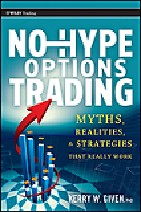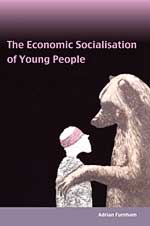A leadership perspective on decision making
 A leadership perspective on decision making / Selart, Marcus
A leadership perspective on decision making / Selart, Marcus
Oslo: Cappelen, 2010. 232 p.
This book is concerned with helping you improve your approach to decision-making. The author examines judgement in a selection of managerial contexts and provides important understanding that can help you make better leadership decisions. This book also pinpoints the in-house politics of organisational decision-making. Drawing on the very latest research, it introduces practical techniques that show you how to analyse and develop your own decision-making style. It will help you to deliver sharp and insightful analyses of your business and develop effective solutions. In addition, it presents simple checklists that will give you vital insights throughout the decision-making process. Students and practitioners of leadership, management, and allied fields will find this book useful in order to understand and implement useful methods.









